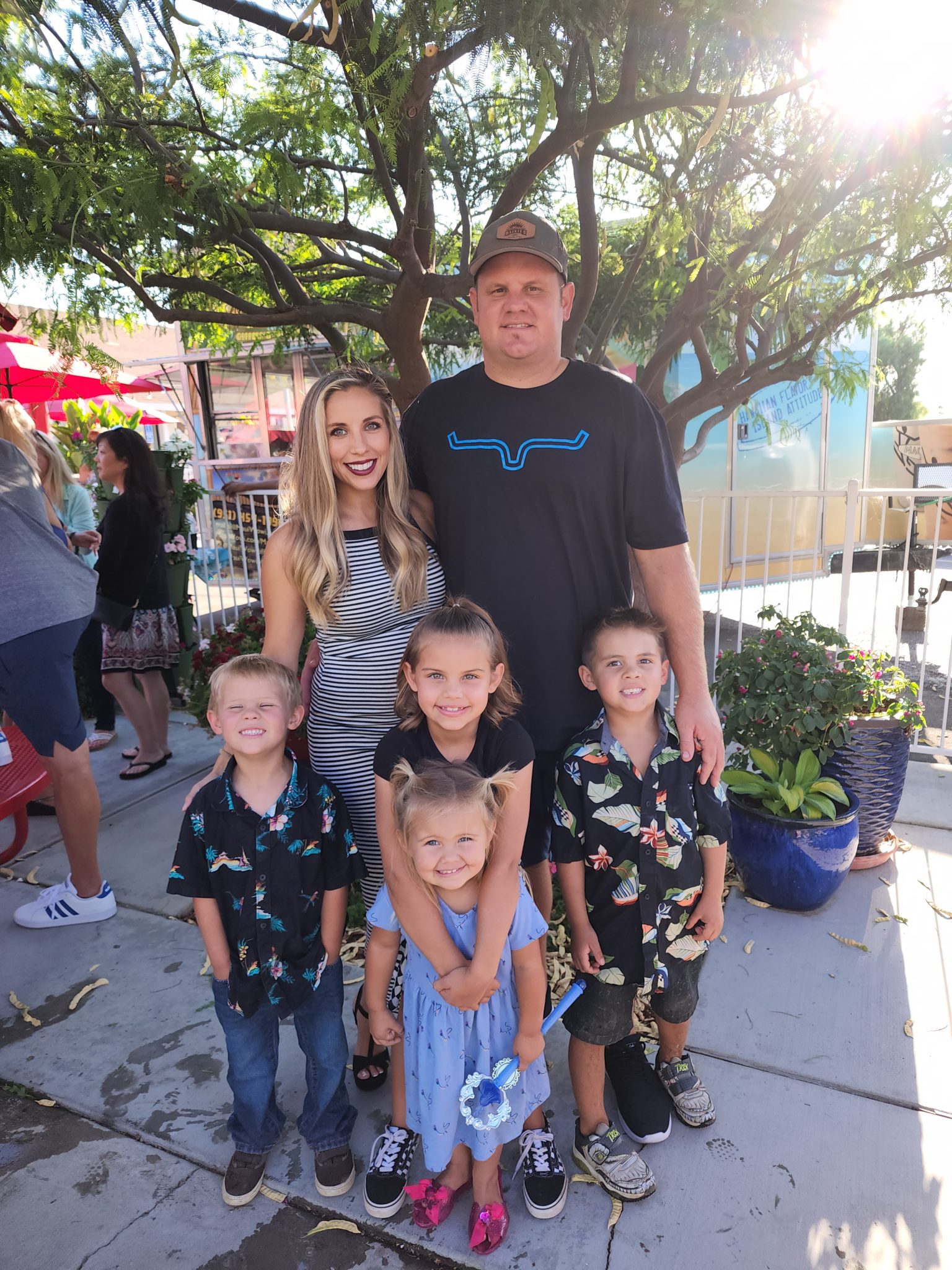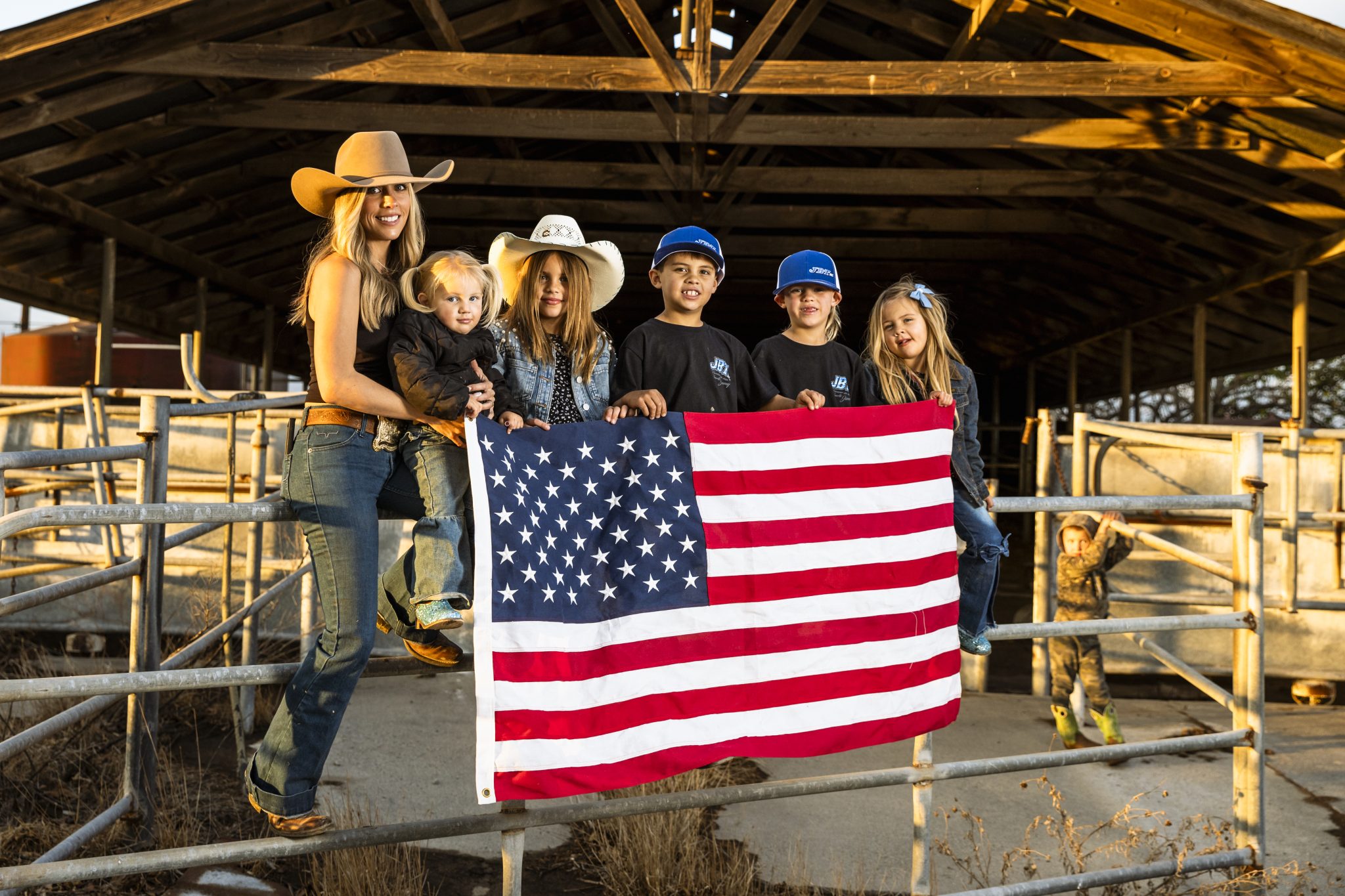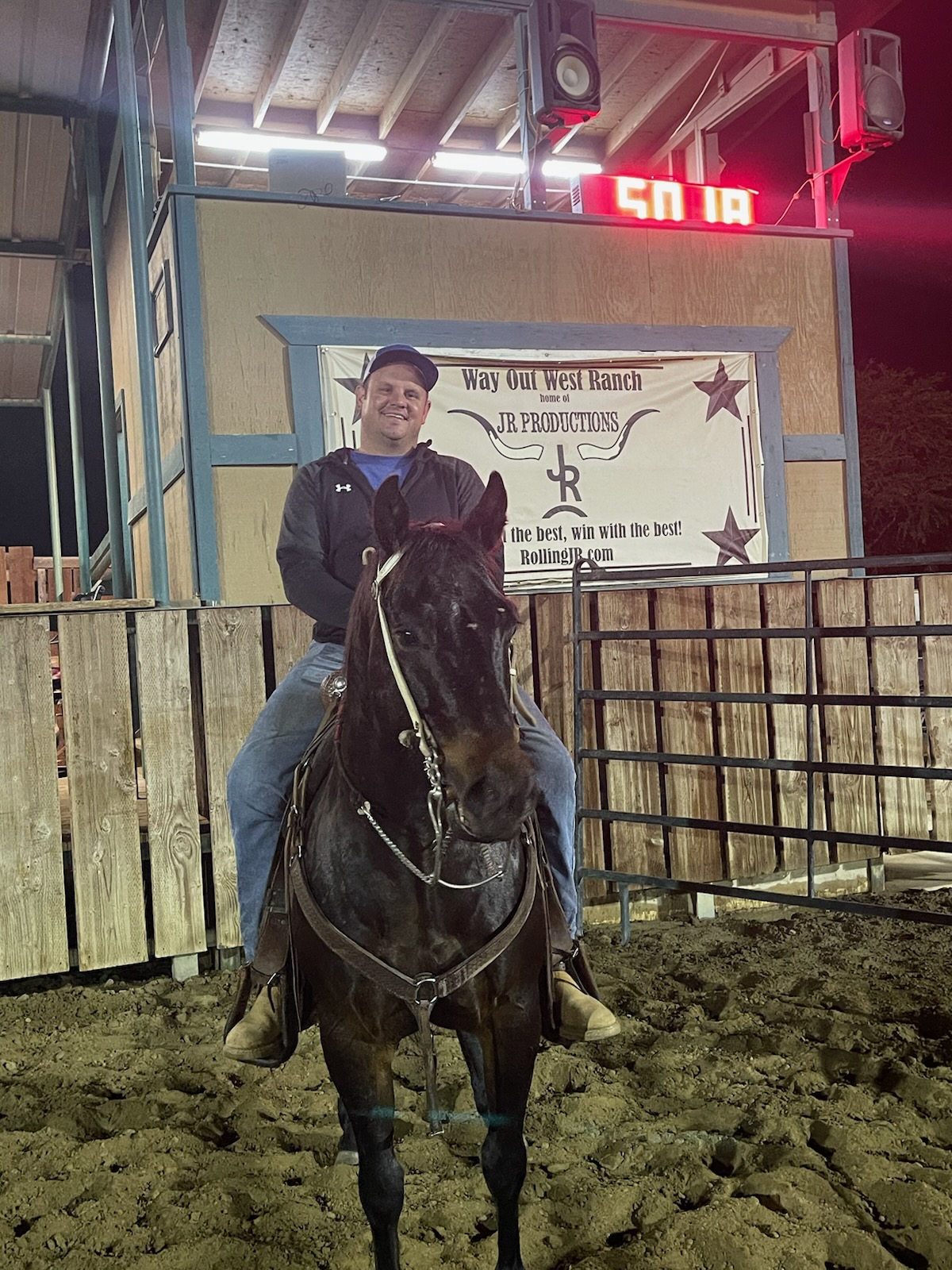Trump signs law to allow whole milk in school lunches

President Donald Trump displays a signed bill in the Oval Office on Jan. 14, 2026. Trump signed the Whole Milk for Healthy Kids Act, which restores whole milk to school lunches across the country. (Photo by Anna Moneymaker/Getty Images)
WASHINGTON — President Donald Trump signed a law Wednesday that will restore whole milk in federally subsidized school lunches.
The dairy staple — out of school meal programs for more than a decade amid a broader push to curb childhood obesity — will soon return to school cafeterias under the law.
Trump said during a signing ceremony in the Oval Office that the Whole Milk for Healthy Kids Act will “ensure that millions of school-aged children have access to high-quality milk as we make America healthy again.”
Seated with a jug of milk on the Resolute Desk, Trump said the changes will also be “major victories for the American dairy farmers who we love and who voted for me in great numbers.”
White House ceremony
Agriculture Secretary Brooke Rollins celebrated the legislation becoming law and said her department would post Wednesday the “new rulemaking that is necessary to get whole milk back into school lunches.”
Health and Human Services Secretary Robert F. Kennedy Jr. also lauded Trump’s efforts and described the measure as a “long overdue correction of the school nutrition policy that puts children’s health first.”
Trump was also joined by Dr. Ben Carson, national advisor for nutrition, health, and housing at USDA, along with Democratic Sen. Peter Welch of Vermont, GOP Sens. John Boozman of Arkansas, Mike Crapo of Idaho and Roger Marshall of Kansas, Commerce Secretary Howard Lutnick and advocates who supported the bill.
Rep. Glenn “GT” Thompson of Pennsylvania, who chairs the House Agriculture Committee, and Rep. Tim Walberg of Michigan, chair of the House Committee on Education and Workforce, also attended the ceremony.
The U.S. House passed the bill in December, following unanimous passage in the Senate in November.
Welch and Marshall, along with Pennsylvania Sens. Dave McCormick, a Republican, and John Fetterman, a Democrat, introduced the measure in the Senate.
Thompson and Democratic Rep. Kim Schrier of Washington state brought corresponding legislation in the House.
What the new law does
Under the law, schools that are part of the USDA’s National School Lunch Program can offer “flavored and unflavored organic or nonorganic whole, reduced-fat, low-fat, and fat-free fluid milk and lactose-free fluid milk.”
The program — which provides free or low-cost lunches in public and nonprofit private schools and residential child care institutions — saw nearly 29.4 million children participate on a typical day during the 2023-2024 school year, according to the Food Research & Action Center.
The schools can also provide “nondairy beverages that are nutritionally equivalent to fluid milk and meet the nutritional standards established by” the Agriculture secretary.
The law exempts milk fat from being considered saturated fat as it applies to schools’ “allowable average saturated fat content of a meal.”
Parents and guardians, as well as physicians, can also offer a written statement for their student to receive a nondairy milk substitute.
Michael Dykes, president and CEO of the International Dairy Foods Association, celebrated the bill becoming law in a Wednesday statement.
Dykes dubbed the law a “win for our children, parents, and school nutrition leaders, giving schools the flexibility to offer the flavored and unflavored milk options, across all healthy fat levels, that meet students’ needs and preferences.”
The signing marked the second major nutrition policy change this month. The U.S. Department of Agriculture and U.S. Department of Health and Human Services released the 2025-2030 Dietary Guidelines for Americans, which encourages more full-fat dairy and protein.















